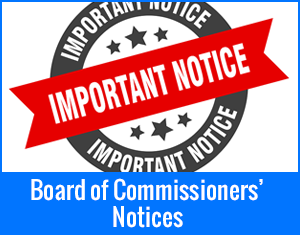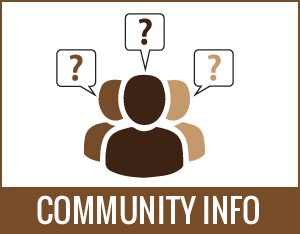- By NC Department of Public Health
- Posted Wednesday, November 9, 2011
Heart Attack Rates Down Since Passage of Smoke-Free Law
Emergency room visits by North Carolinians experiencing heart attacks have declined by 21 percent since the January 2010 start of the state’s Smoke-Free Restaurants and Bars Law. State Health Director Dr. Jeffrey Engel reported the results to the Justus-Warren Heart Disease and Stroke Prevention Task Force this morning.
“We pushed for passage of this law because we knew it would save lives,” said Governor Bev Perdue, who signed the law into effect. “Our goal was to protect workers and patrons from breathing secondhand smoke and we are seeing positive results.”
The N.C. Division of Public Health report cites studies from numerous communities, states and countries that show similar declines in heart attack rates after enacting tobacco-free policies as well as a 2008 Institute of Medicine report concluding smoke-free laws are a proven way to decrease heart attack rates.
According to U.S. Surgeon General’s Reports from 2006 and 2010, chemicals in tobacco smoke narrow the blood vessels, raise blood pressure and heart rate, and trigger chemical changes in the blood that make cardiovascular events, such as heart attacks, more likely to happen in the hours following breathing the smoke.
“The Institute of Medicine has evaluated the effects of indoor smoking bans world-wide, and data consistently show that smoke-free laws reduce heart attacks,” Dr. Engel said. “The Centers for Disease Control acknowledges that secondhand smoke exposure causes heart attacks; even a brief stay in a smoky area can trigger a heart attack in someone who is at risk, such as those with heart disease, a family history of heart disease, high blood pressure, or high cholesterol.”
Engel reported that the decline in heart attacks in North Carolina in 2010 represents an estimated $3.3 to $4.8 million in health care cost savings. Secondhand smoke is a known trigger for other health conditions like asthma, stroke, and chest pain, and is a major risk factor for lung cancer, the state’s leading cancer killer.
A team of researchers from the Division of Public Health and the University of North Carolina Department of Emergency Medicine used statewide emergency department data from the North Carolina Disease Event Tracking and Epidemiologic Collection Tool (NCDETECT) to examine rates of heart attacks before the law in 2008 and 2009 compared to rates after the law took effect in 2010. These results add to a growing number of studies documenting the health benefits of smoke-free legislation across the nation and the world.
“North Carolina’s experience in seeing reduced heart attack rates after implementation of smoke-free legislation is consistent with others that have taken this important step to enhance the population’s health,” Dr. David Goff of the Justus Warren Heart Disease and Stroke Task Force said. “Informed by this strong evidence, we should now act to protect all workers in North Carolina, not just those working in restaurants and bars, from the hazards of second hand smoke.”
View the full heart attack study for more details.
Free, confidential quit coaching for any tobacco user who wishes to quit is available through QuitlineNC at 1-800-QUIT-NOW (784-8669). QuitlineNC is available daily 7 a.m. until 3 a.m. Translation service is available.






